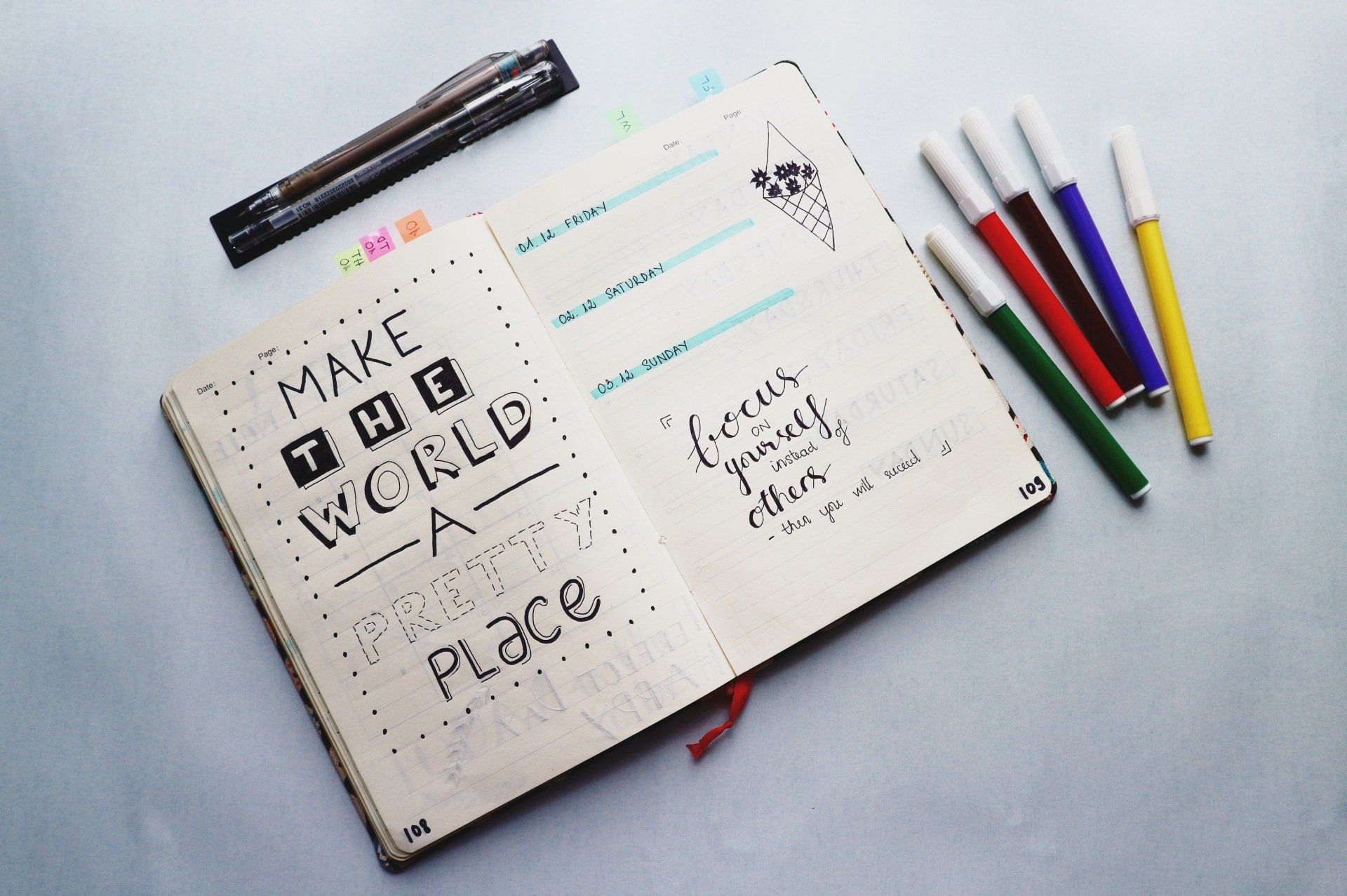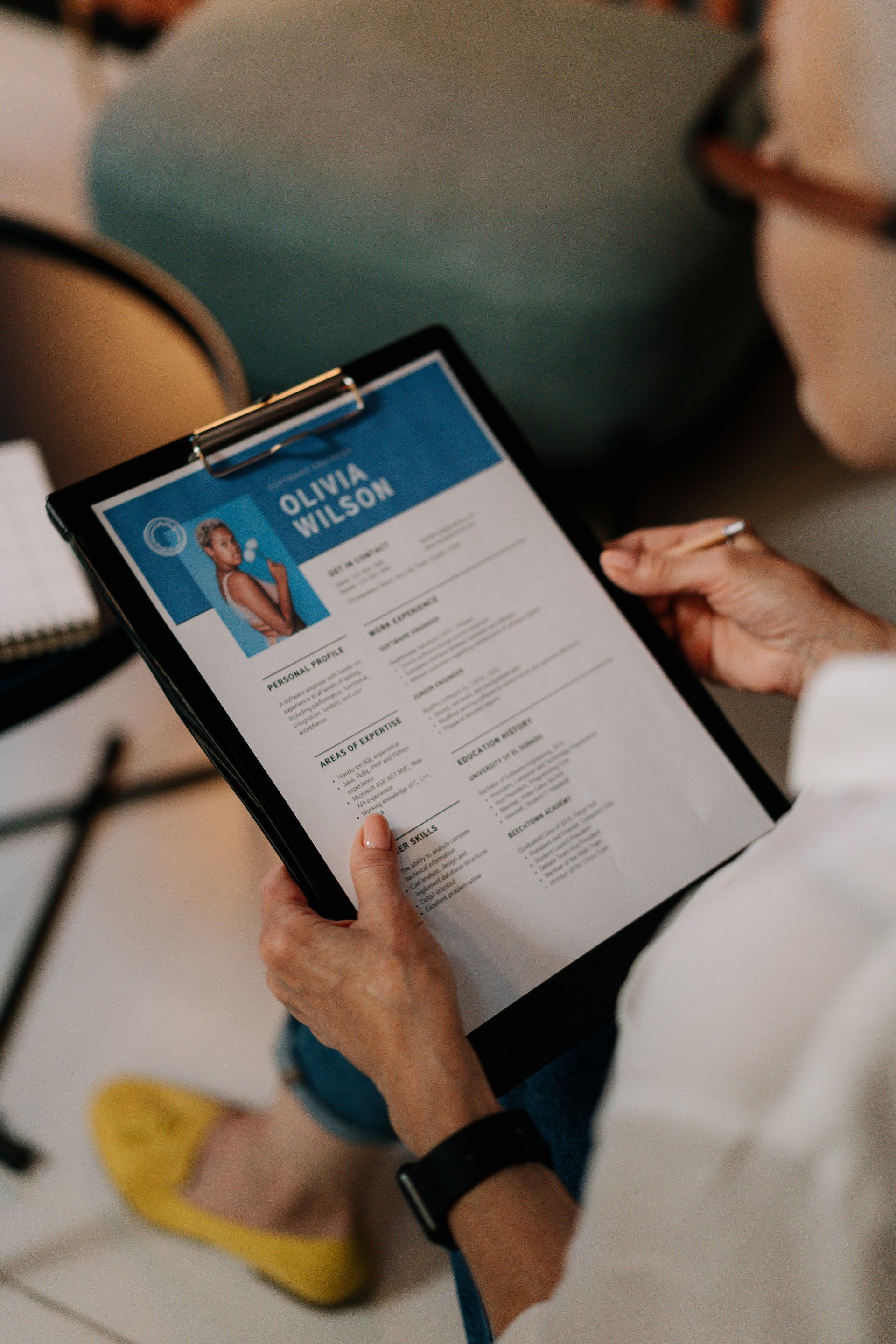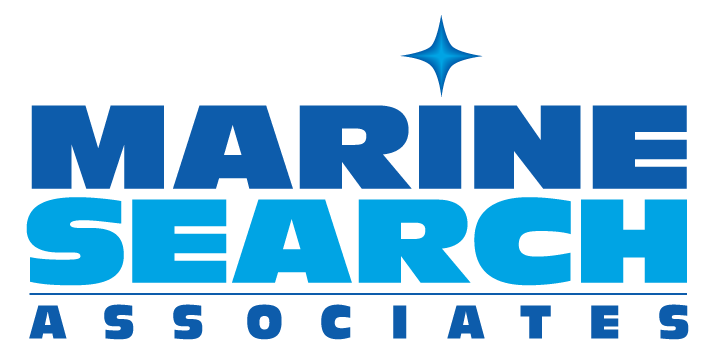Resume Tips
Tips for Writing your Resume
: Karen Litchfield
Your resume is a sales tool which assists you to get in front of a potential employer. If the person reading the resume does not find what they want within the first 15-20 seconds you are likely to lose their interest and not be selected for a discussion or interview. The quickest way to lose their interest is by being overly wordy with very few numbers and lack a simple structure.

Avoid using fancy or hard to read fonts which are distracting. Resumes with too many graphics, photos, and columns might not get captured through the company’s Applicant Tracking System (ATS). You don’t want to be missed completely in their system.
Keep in mind, that whoever reads your resume initially, may or may not be technically minded or trained and will look for specific keywords, outstanding accomplishments, or achievements. Measure your results – qualify and quantify wherever you can.
Factual key achievements will provide the reader something to understand and measure rather than just who you worked for or the role you had. Sometimes job titles are misleading so those details will help
Format
- Traditional Resumes can be 3-6 pages based on your experience +/- Cover Page One size/style does not fit ALL jobs.
- Use a simple traditional font and try not to use Italics or overuse underlining and bold.
- All information in the resume or cover letter needs to be written in professional business language. Spell-check it, grammar-check it, and have someone else review it before sending it to a company.
- If your background is highly technical, don’t be afraid to expand on some of your skills that will relate to the position you are applying for. If a coordinator or a temp is looking through resumes, they need to see that you did what the company is looking for. Or that you have that specific Auto-CAD if desired, or other position-specific software or hardware.
- Remember to have a greater emphasis and level of information related to the roles that are most relevant to the one you are applying for and try not to provide more information for a role you were in for say 6 months compared to one you were in for 6 years.
- Typically, the past 10-15 years of experience is sufficient but that may vary depending on your prior experiences and the positions you are applying for.

Words to avoid using in your resume:
Buzzwords are really popular terms that have become part of resumé language but can too often come across as generic in your resumé. Try not to use the following words without an example of how you are:
- Loyal
- Energetic
- Punctual
- Motivated
- Enthusiastic
- Team player
- Client-focused
- A people person
You should “show and tell” how you demonstrated some of those traits. Almost every employer will be looking for these traits, but anyone can say they possess them.
To best convey your motivation, enthusiasm, or loyalty to employers, it’s better to give an example or demonstrate how you are eager to learn, motivated to produce or have longevity (loyalty) in your positions.
What to write in your resumé instead?
Try using powerful, action verbs and pair them with examples of your work to help demonstrate your skills. For example:
- Developed (e.g. “Developed a new employee hand-book.”)
- Achieved (e.g. “Achieved record sales targets for ______year(s)/quarters”)
- Managed (e.g. “Managed a team of seven”)
- Implemented (e.g. “Implemented a new health and safety program”)
- Coordinated (e.g. “Coordinated the annual Holiday party”)
Action verbs capture attention and excite the reader. They can help highlight your skills and abilities along with accomplishments in previous jobs.

Cover page or No Cover page?
If a cover page is requested, provide one and make sure it provides the requested information. For a general application a cover page can be helpful if you have specific experience, qualifications, and skills the employer is asking for but remember to be concise.
It can also be used to share your flexibility to relocate if you can, travel as needed, or you might to emphasize specifics why you fit this job such as “Grew up on the water with a family of boaters” or other relevant information.
All of this relevant information should also be noted in the resume body and relatively easily found. This is not an opportunity to provide a life story or be overly familiar.
Following is an example of a standard resume with a typical sequence of data:
1. Personal Details :
If a cover page is requested, provide one and make sure it provides the requested information. For a general application a cover page can be helpful if you have specific experience, qualifications, and skills the employer is asking for but remember to be concise.
It can also be used to share your flexibility to relocate if you can, travel as needed, or you might to emphasize specifics why you fit this job such as “Grew up on the water with a family of boaters” or other relevant information.
All of this relevant information should also be noted in the resume body and relatively easily found. This is not an opportunity to provide a life story or be overly familiar.
Following is an example of a standard resume with a typical sequence of data
2. Professional Summary :
- This is your elevator pitch where you have just a few lines of text to sell yourself to a potential employer. Try to keep it brief and to the point.
- Highlight your stand-out features.
- Ensure correct spelling and grammar.
- Keep it directional with the most relevant points. While you may have years of experience in various roles, it’s important to only communicate what will help you achieve the role you are presently seeking. For example, if you are looking to make an industry change, there is no point in including in your summary your six years working in hospitality when you are seeking a new career in the Maritime industry.
- Think of the main attributes needed for the role you’re seeking and customize your summary to respond to those needs
3. Education & Qualifications :
Education can be placed on the first or last page of your resume depending on the job requirements. If a degree is not required, it can be at the end of your resume. If it is most important, it belongs on page one.
If you have a very long list of qualifications, do not include every course you may have completed if the list becomes very long or not related.(Such as a Real Estate License from the past if you’re not going to work in that field any longer).
Provide your highest qualifications first and list the rest below that with the most relevant and recent next. Include Educational facility, location, and field of study
4. Professional Experience:
Company name, location, and dates of employers beginning with your most recent. If you have worked for one company for several years in more than one capacity, then list the total employment period and company and then under that each of the positions you worked in with their appropriate dates and information.
5. Duties & Responsibilities under each position:
This is used to elaborate on effectively what you were hired to do. This is where you might adjust your responsibilities based on the position you are applying for. As you read the job description of the position you are interested in, be sure that anything you see on there is also on your resume. This includes keywords such as specific systems, brands, or software. The closer your resume matches the position the better opportunity to be selected for a meeting.
6. Key Achievements :
Be sure to include the key, critical, or most impressive responsibilities are included. These can either go in their own segment or be listed under each position where the achievement occurred.
Try and quantify and qualify the achievements so provide details such as staff numbers you may have managed, the scope of the project/facility/portfolio such as size and dollar value. Make sure they are factual, relevant, and measurable.
There are 3 reasons to select you to interview over others - describe how you Saved the company Money, Made the company Money, or gave someone Peace of Mind in your positions.
Some examples:
- Responsible for securing a 16.5M contract in the first 6 months of employment.
- Directly managed and led a team of 6 with an additional 12 staff plus contractors.
- Completed 4M project on time and 250K under budget.
- Increased annual sales by 150% in the first year.
- Trained staff of 12 on new software
7. Internships or Projects (if relevant) :
Include any internships or Project details you’ve worked on: Name, size, sector, $, along with your specific responsibilities on that project.
8. Relevant Computer skills :
- MS Word, Outlook, Excel, PowerPoint, etc.
- AutoCAD, Adobe, Photoshop, Solidworks, etc.
- CRM Systems – Salesforce, HubSpot, etc.
9. Personal Interests :
These are not critical but if they relate to the industry or position you are looking at, definitely add it. If you are applying to something in the Marine Industry and you are an avid boater, fisherman, captain, or mechanic in your personal life, be sure to mention that – especially if you have no work experience in the industry. Keep this short and non-controversial.
10. References available upon request :
Have a prepared list of professional references with email and phone contact information but only offer that to employers when you interview, not before. Their information should only be used with their permission.
